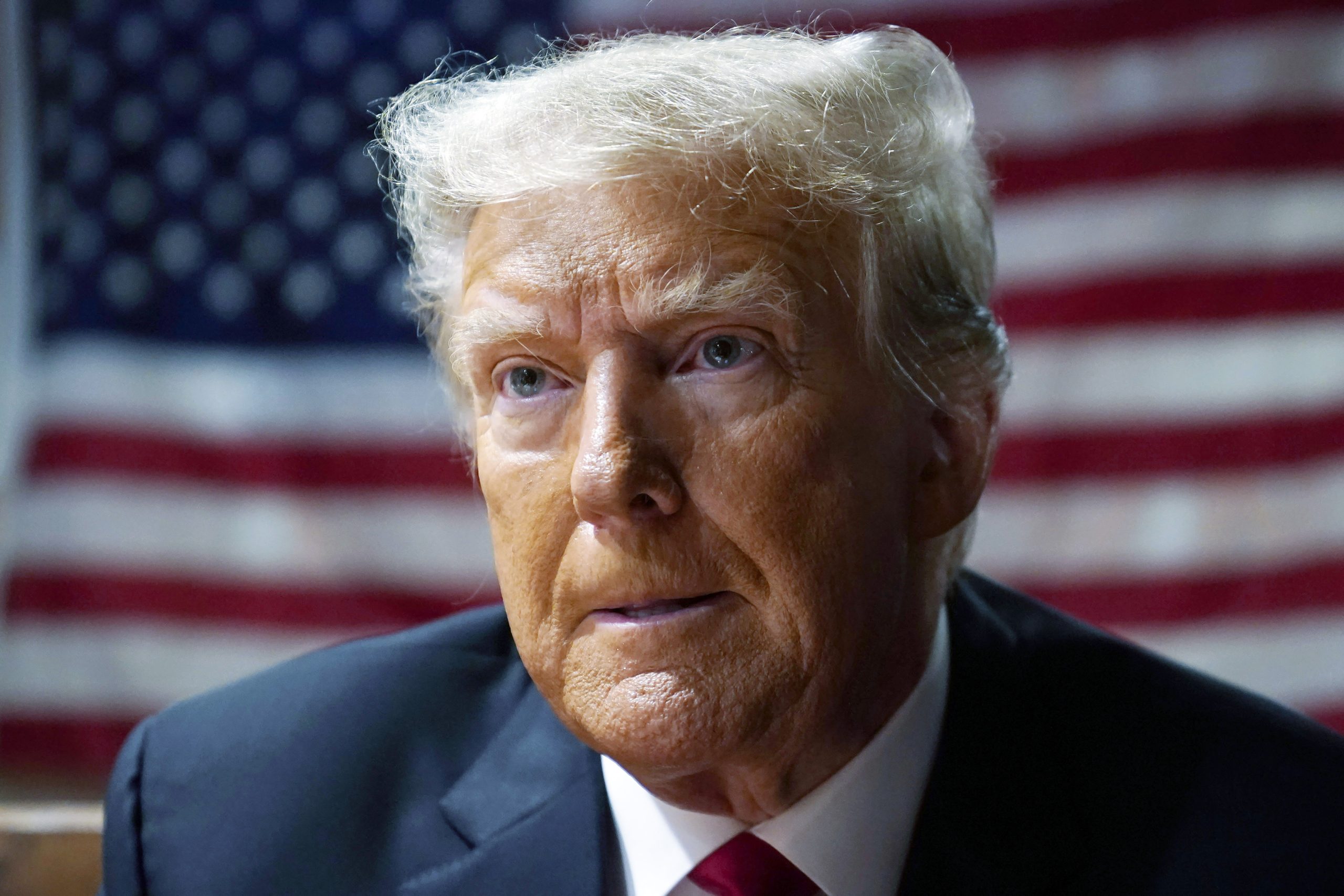America is long out of the top 5 in any ranking you look at (except for the Global Competitiveness Report). In general, when you look at rankings like the Democracy Index, Human Development Index, Index of Economic Freedom or Gender Gap Report you find America only in the top 20-25 (and even lower on freedom of the press). This has been going on for years - and the trend seems to go downwards.
In short, America no longer inspires. It's a country worth living in, but that's about it.
After winning the Cold War, America no longer knows who it is and has not rethought its identity. The enthusiasm of victory masked the problem for a while - a problem that, at a fundamental level, sounds like this: America no longer produces political substance able to inspire.
America was founded on three political values: republic, democracy and freedom. In 1770, this mix was absolutely innovative - and this singularity gave birth to the idea of American exceptionalism.
Throughout the 19th century, the New World was really new - an ideal for the Old World progressives and a nightmare for the Old World conservatives.
But after World War I, America found itself in a world increasingly filled with democratically governed republics whose societies were free. It was no longer alone, no longer the exception. But even so, it was the leader - as we saw in the Second World War and later during the Cold War.
By 1990, however, most Western European republics were already more sophisticated than the American one, most Western European democracies were more inclusive and advanced than the American one - and quite a few Western European societies were enjoying more freedom than the American one.
From an inspirational leader, America has become a mere military leader - an important position, no doubt, but a much more dull one than that of the inspirational leader.
A keen eye could have seen as early as 1990 (or 1991, when the USSR disappeared) that America must reinvent itself if it is to continue to mean in the 21st century what it meant in the 19th and the 20th centuries. Unfortunately, America has not reinvented itself - at least not yet. Quite the contrary.
The absence of a new political substance capable of creating a new identity, and thus a new energy, has produced not just regression, but intellectual decay, a lock-in in ideological sectarianism that in the last elections since 2016 has produced presidential candidates who are mediocre at best. On the Democratic side, we've had the backwards-looking (and technocratic-arrogant) center battling the backwards-lookingt left; and on the Republican side, we've had a collection of bizarre characters, all supporting one version or another of the backwords-looking right.
No one has yet come up with a new political substance, a new vision of the future. The battle has been one between preferable pasts. The fact that Trump won in 2016 is irrelevant - whoever would have won it would still have been about the past. But Trump did a better job than all the others in combining nostalgic backward-looking with ideological sectarianism - both symptoms of degeneration.
So the question in the title, uncomfortable as it is, becomes immediately obvious: what if Trump wasn't an accident? What if the American society is now, metaphorically speaking, just like Trump: self-absorbed, vindictive and old, raging against the dying of the light? Because all the sects that have come to populate it, from left to right, from vegetarians and social justice warriors to libertarians and religious fanatics, seem exactly like that.
What if Trump's 2016 victory was just another symptom of the decline of the American influence? What if, in the 21st century, America will no longer be the New World anymore?
Of course, the answer to such questions is not necessarily an obvious one. But it seems clear that we have reached a point where questions like these can no longer be sidestepped - even if a possible answer like "yes, America is irreversibly declining" is not necessarily true: maybe Trump really was an accident and things will recover, as the 2020 election results suggest.









